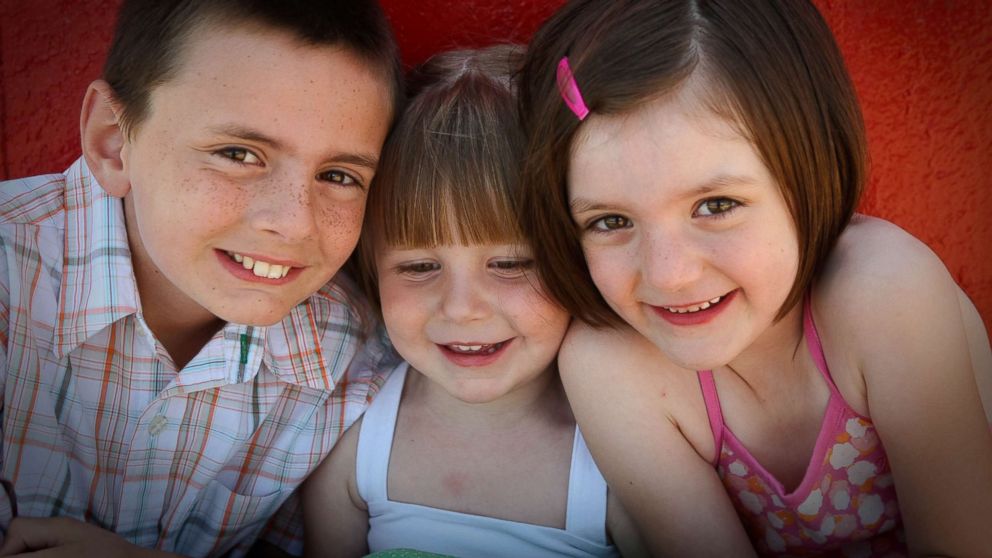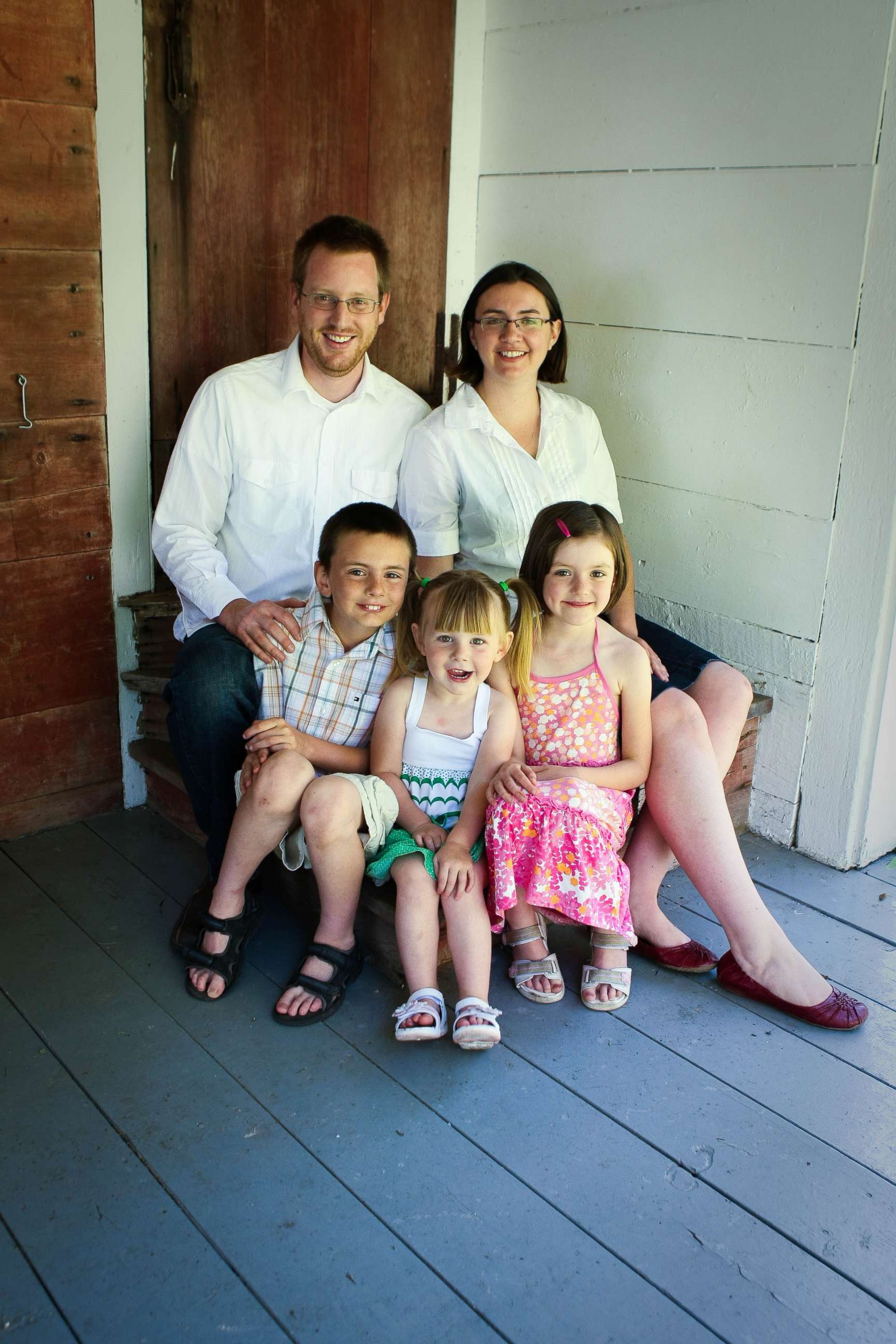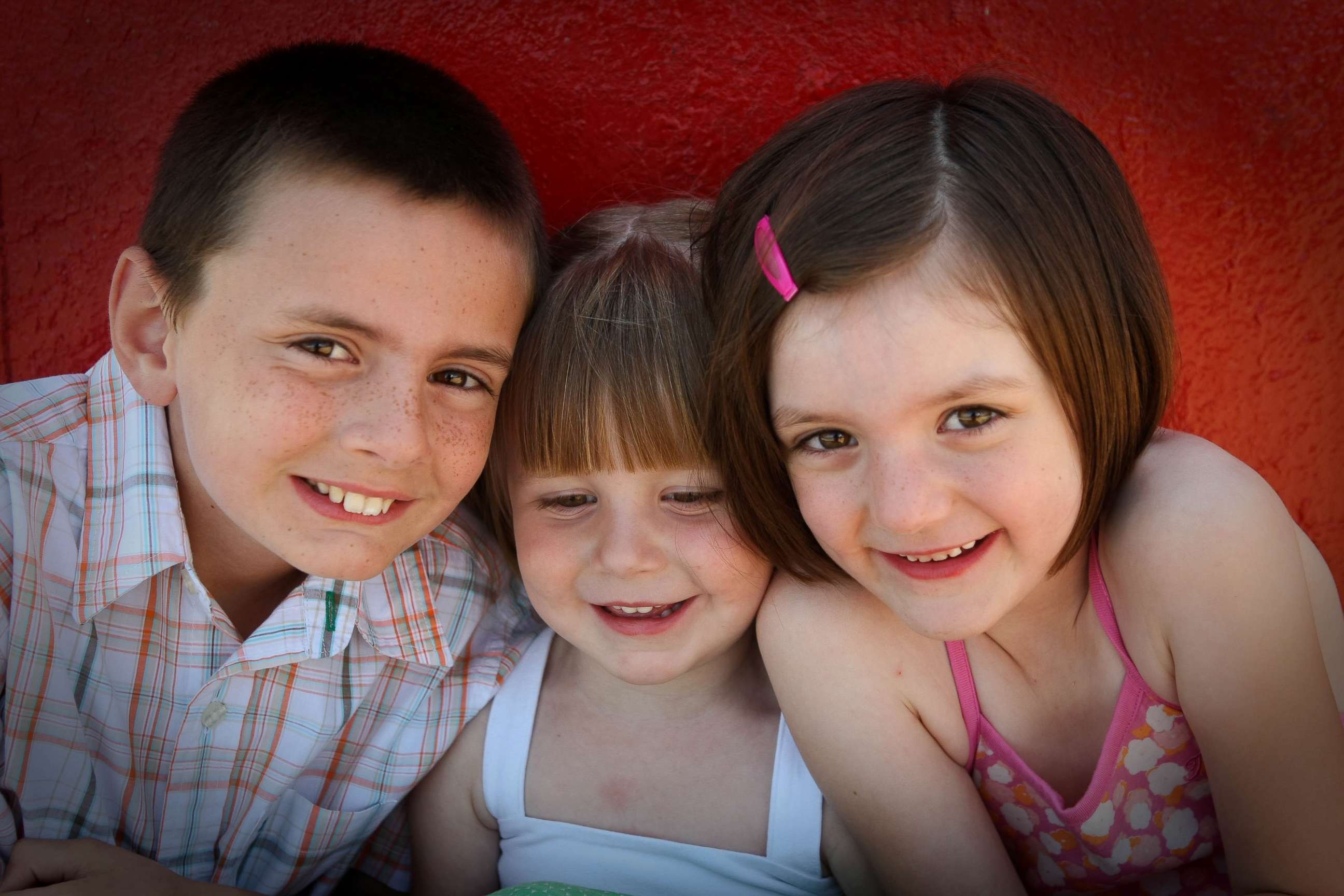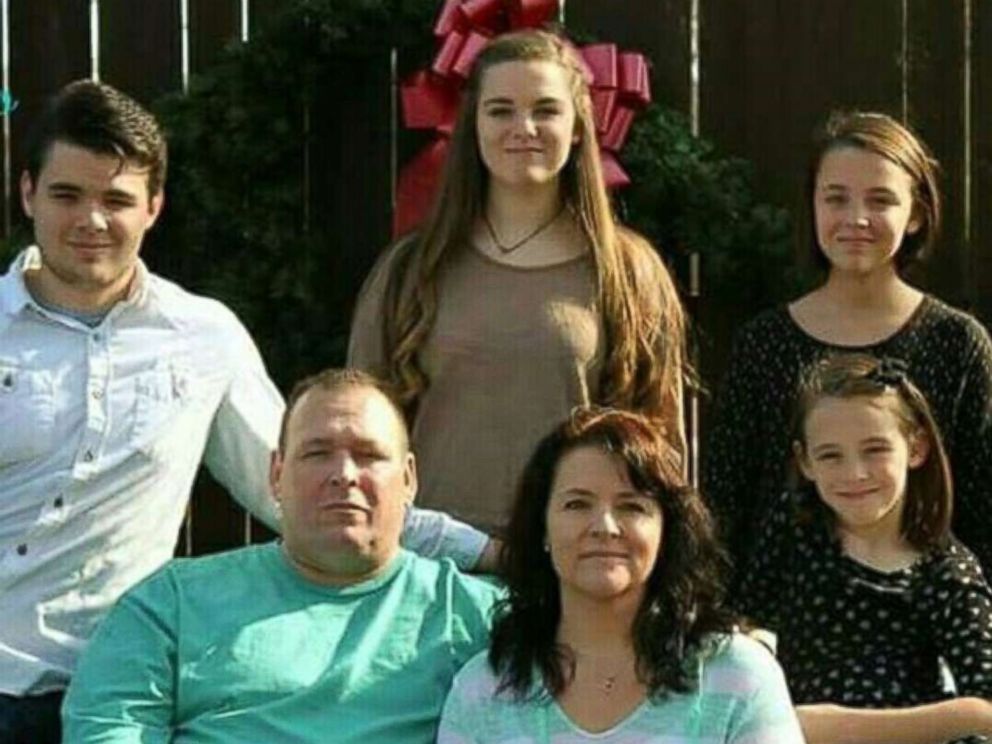Dad explains why he bans sleepovers for his 3 children
Tim Challies' Facebook video on the topic sparked a debate among parents.

— -- An Ontario dad has sparked a conversation about whether children should have sleepovers after revealing that his three kids are barred from the childhood practice.
Tim Challies, of Oakville, Ontario, posted a video on Facebook this week explaining why he and his wife have never let their kids -- ages 17, 15 and 11 – sleep at anyone’s home besides a relative’s.
Challies, a writer and elder at an Ontario Christian church, said he and his wife banned sleepovers for their kids because they knew people who were abused at sleepovers, and others who had their first experience with pornography, sexuality and drinking while at friends' homes.

“We became very concerned that we didn’t want our children to experience any of those things,“ Challies said in the video. “Not only that, we didn’t want to put our children in situations where they were young and vulnerable and still too immature and still too unequipped to know how to deal with the situation.”
Challies posted the video as a follow-up to a blog post he wrote three years ago, when his children, two girls and a boy, were beginning to get invited to sleepovers.
“I got letters with some awful, horrible things [about] people sexually abused at sleepovers,” Challies told ABC News. “That alone was very confirming and heartbreaking.”
Challies, whose children attend public school, also does not allow his kids’ friends to spend the night at his family's home. They are only allowed to stay the night at the homes of close relatives.
“The downside is far more serious than the upside of sleepovers," Challies said. "People are realizing this is a weird tradition and there’s not much of a need to do it. I wouldn’t be surprised if a generation from now it’s viewed as less normal."

Speaking of his and his wife's decision, Challies added, “We wanted to look at the places where [abuse] is most likely to happen and make sure we’re guarding against that.”
'I think we underestimate our kids sometimes'
Challies’ Facebook video sparked a conversation among parents.
"It's refreshing to hear this perspective," wrote one user. "There are so many tragic stories of sexual abuse and harm of children at young ages, even in the church. We keep our children with us, and will do so until we feel they are old enough to understand and protect themselves"
"Wow! Maybe it’s a generational gap thing, but the sleepovers with my girlfriends were nothing but fun!" wrote another. "Lots of silliness and laughter."
Cynthia Skaufel, of Crossville, Tennessee, has no problem allowing her five children, who range in age from 9 to 27, to sleep over at friends’ houses.

“I just believe that not everyone is out to hurt your kids and when you have that mentality you can end up overprotecting your kids,” Skaufel, 45, told ABC News. “We prepare our kids for things before they’re put in situations.”
Skaufel said she and her husband decide when to allow sleepovers on a “case by case” basis and they always speak with the other parents beforehand.
“I don’t mind telling the parents, ‘They’re not allowed to have this. If you’re going to leave the house you need to let me know,’” she said. “I don’t mind communicating. It’s not a bad thing.”
Skaufel is also open with her children about the reasons why they may not be allowed to stay at someone’s house.
“I think we underestimate our kids sometimes,” she said. “They’re going to know and they need to know why we say no.”
To deprive your child of this social involvement has a downside."
Challies and his wife issued the blanket rule of no sleepovers because they didn’t want to have to explain exceptions to the rule with their kids, he said.
Now that Challies' children are nearly all teenagers, he said he made the right choice.
“My middle daughter was somewhat resentful for a time and last year came to me and said, ‘Dad, I really want to thank you. I understand it now,’” Challies said. “We had our kids’ friends’ parents who would call and get angry like we were poorly judging them but we think this is a decision every parent is free to make in accordance with their comfort zone.”
Skaufel said she has seen sleepovers give her children "responsibility" and "trust."
"I think it has helped them," she said. "They're able to go somewhere else and have that self-reliance and make decisions and not wait until they’re 18 to figure it out."
Experts agree that sleepovers can be valuable learning opportunities for children.
“[Challies] is right -- there are some risks -- but I think if you know the other child and the other family you can reasonably mitigate the risks,” said Dr. Timothy Davis, a psychologist in private practice in Newton, Massachusetts. “To deprive your child of this social involvement has a downside.”
He added, “The overall perspective is an anxious orientation towards the world and I think it’s harmful for kids to grow up with that kind of anxious approach.”
Dr. Gene Beresin, a professor of psychiatry at Harvard Medical School, agrees that sleepovers are more than just “a fun thing to do.”
“Kids need to learn how to take care of themselves in unusual situations,” said Beresin, who is also executive director of the MGH Clay Center for Young Healthy Minds. “They need to build autonomy and independence … They need to become aware of their own fears and anxieties and learn to call for help.”
Both Beresin and Davis said sleepovers offer kids the chance to see firsthand other cultures and other family structures.
Sleepovers also offer opportunities for candid conversations between parents and children, according to Beresin.
“We want to foster open conversations between family, parents, friends and our children and help them learn to keep themselves safe in different situations,” he said. “The world is not 100 percent safe and we have to do the best we can.”
Here are three tips from Beresin to help parents navigate sleepovers:
1. It’s the role of the parents to know their kids. "You have to know your kids and know their ages and know their vulnerabilities. Some kids don’t have a clue about how to navigate the waters and they can’t deal with the separation. The job of the parent is to know which of their kids is capable and which of their kids is not capable."
2. Know who the parents are. "I want to have a talk with the parents. I want to make sure they understand the rules. Preparing for a sleepover doesn’t mean just sending a kid over to a friend’s home. I think it’s really important for the parents to have a candid conversation."
3. Give your child a way to call for help. "Every kid who goes to a sleepover should have a means to contact their parent if they feel in danger. Every kid who goes to a sleepover, who goes to school, who rides their bike outside needs to know how to protect themselves. That means, 'You text me when you’re in trouble.'"



